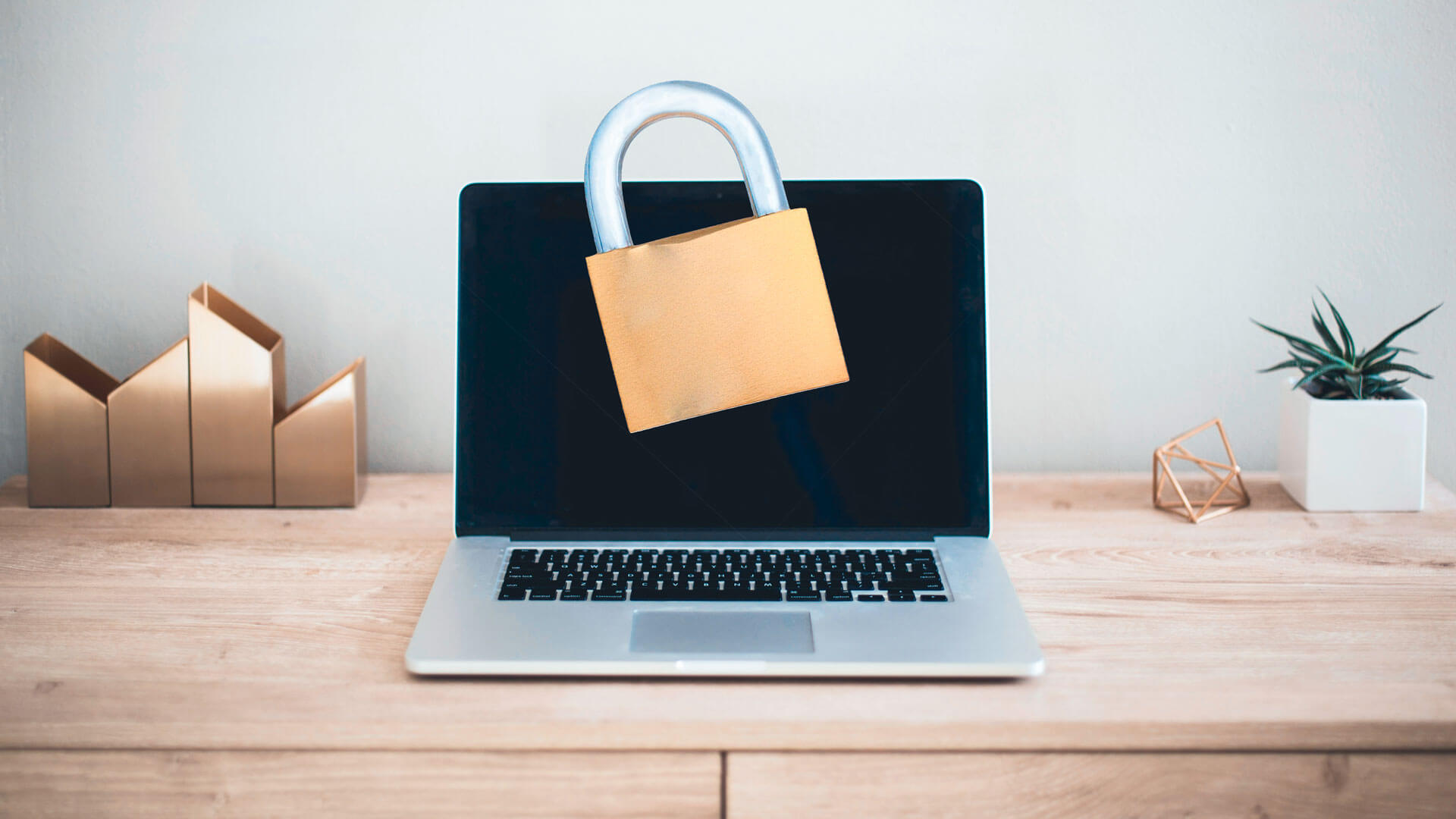Change your password - but do it right!
Every year on February 1, it's that time of year again: "Change Your Password" Day reminds us that our digital accounts need to be better protected. But wait a minute - should you really change passwords regularly? The answer: not necessarily. It's much more important to choose a secure password and regularly check whether an account has been affected by a data leak.
But what does a secure password look like? And what should you avoid? Don't worry - we have put together the most important tips for you.
1. these passwords are an absolute no-go
There are passwords that appear on the lists of the most insecure access data every year. If you use one of these - please change it immediately! Here are the ten most used (and therefore most insecure) passwords of 2024:
- 123456
- 123456789
- password
- 12345678
- qwerty
- 123123
- 111111
- 12345
- qwerty123
- iloveyou
If you feel like you've been caught out: Don't worry! Many people use simple passwords because they are easy to remember. But that's exactly what makes them particularly attractive to attackers.
2. what does a strong password look like?
According to the German Federal Office for Information Security (BSI), a secure password should meet the following criteria:
- At least 8 characters long - even longer is better.
- At least 4 different character types - uppercase letters, lowercase letters, numbers and special characters.
- No personal references - i.e. no names, dates of birth or favorite bands.
- No patterns or simple additions - "Sommer2024!" or "Hallo123!" are not safe.
The more complex a password is, the better. If you don't like inventing cryptic character combinations, one trick can help: use a passphrase! Think of a creative sentence and use the first letters. Example:
"My dog loves to run on the beach!" becomes MhleaS2r!

3. manage passwords correctly
Nobody can remember dozens of complicated passwords. But there is a solution: password managers! These programs store all your access data securely encrypted - and you only need to remember a single, strong master password.
And another tip: use two-factor authentication (2FA) wherever possible. This prevents attackers from gaining access, even if they crack your password.
4 Conclusion: Use the "change-your-password" tag sensibly
Instead of simply setting a new, but equally insecure password, you should take the opportunity to fundamentally improve your password strategy:
- Replace old, insecure passwords with strong ones
- Set up password manager
- Activate two-factor authentication
- Carry out account security checks
With these measures, your digital accounts are well protected. So: Use February 1 to strengthen your online security - and sleep more soundly at night. 😴🔐
Newsletter
Sign up for our newsletter and receive regular updates on data protection topics, changes in legislation and the further development of eperi® sEcure.



